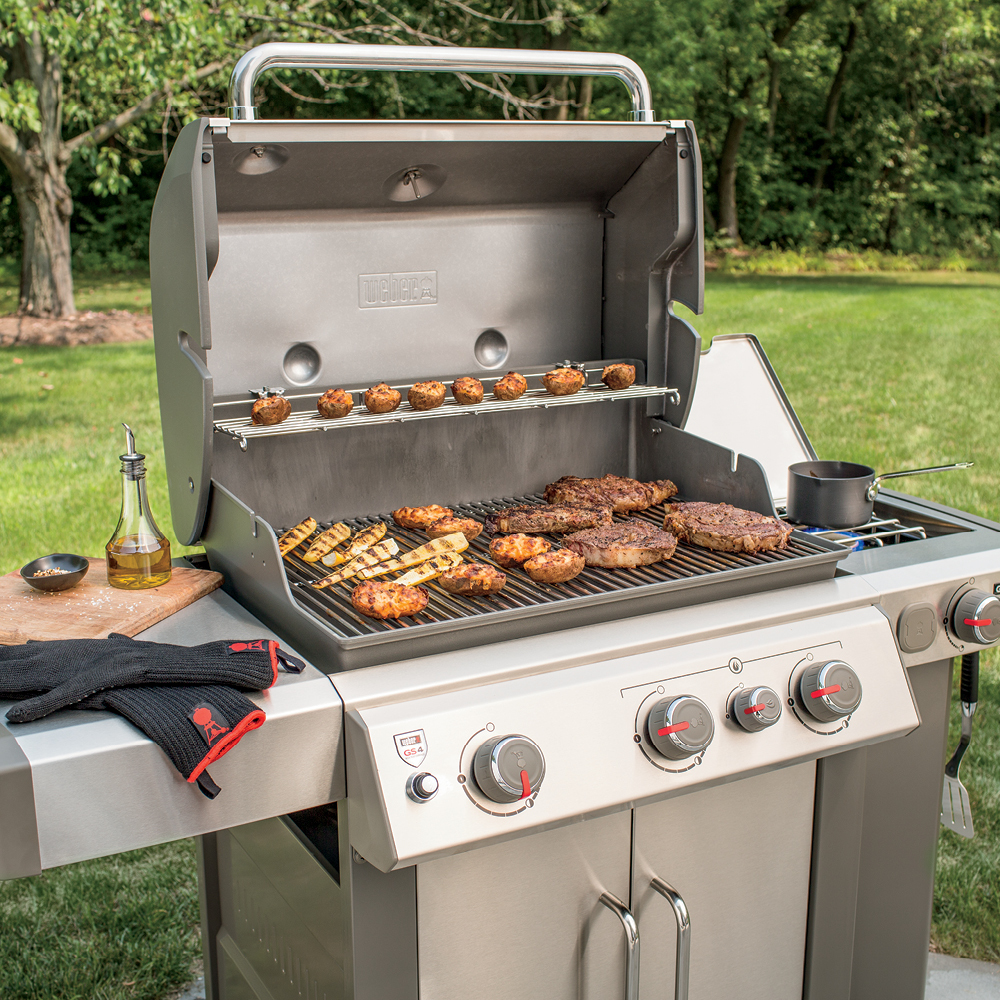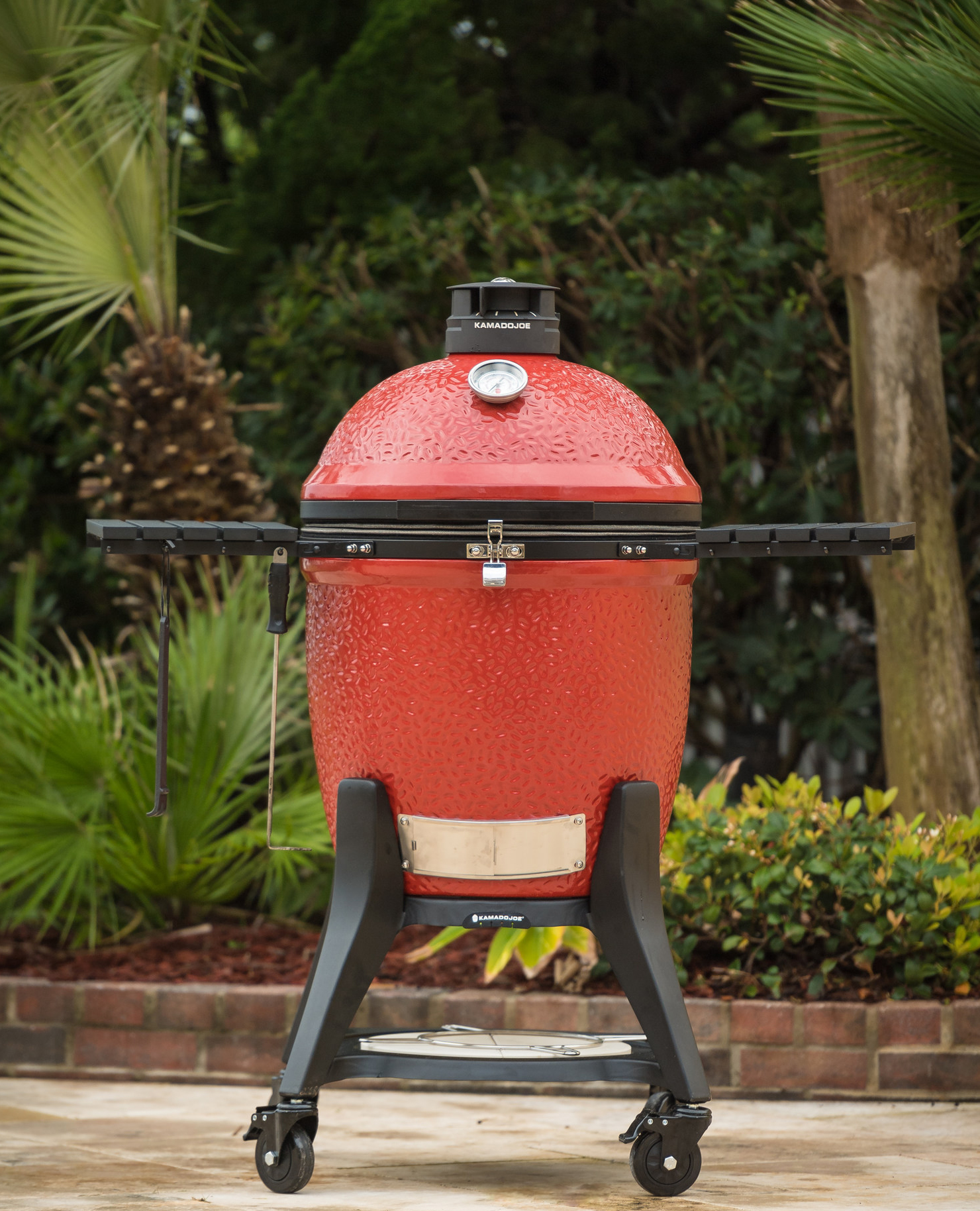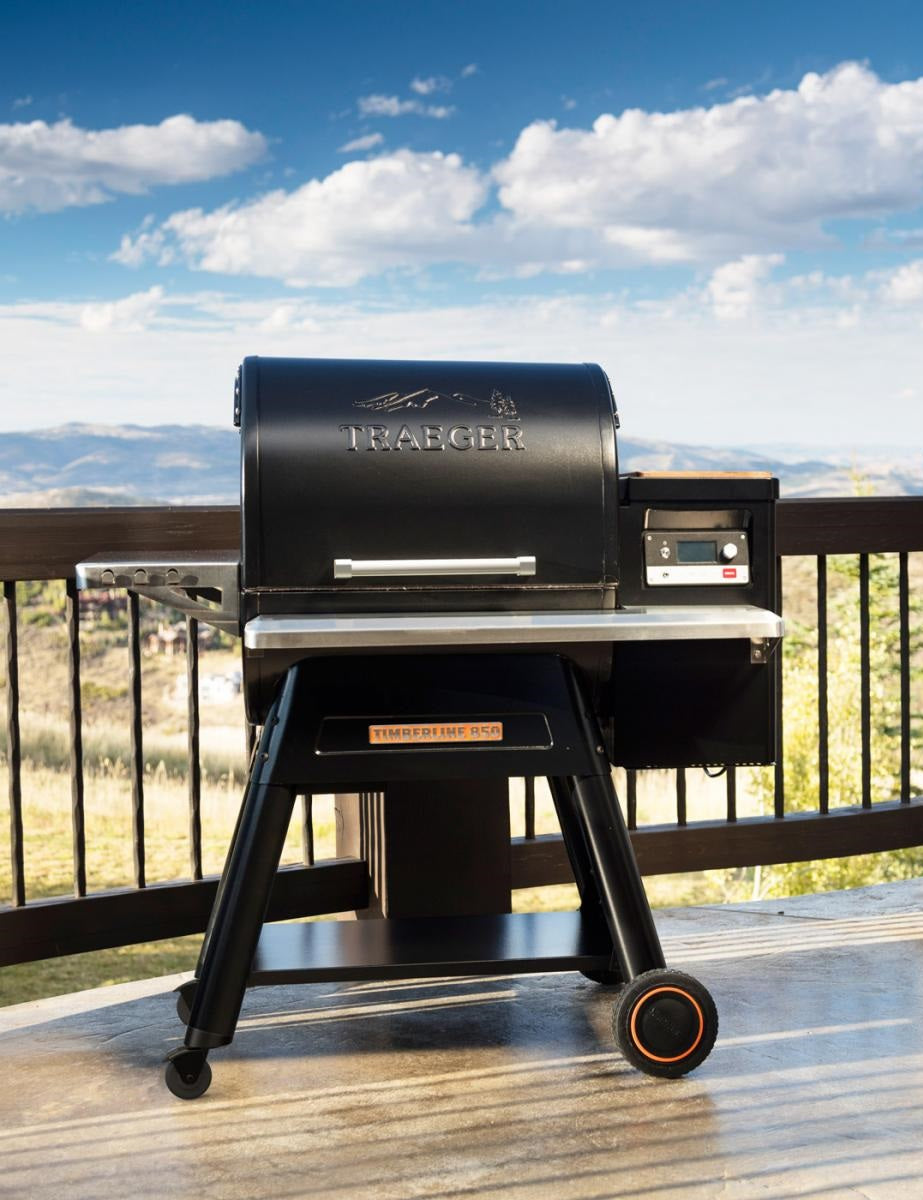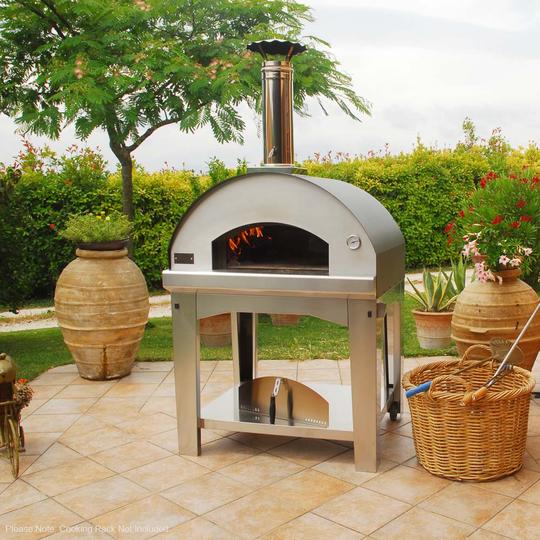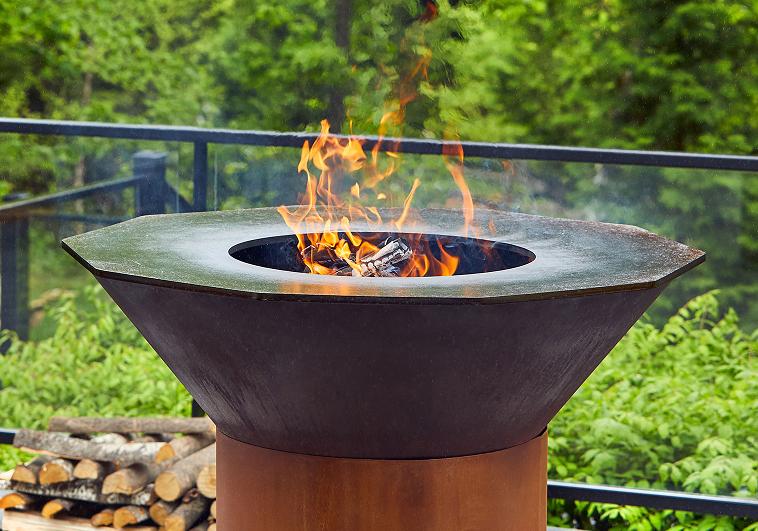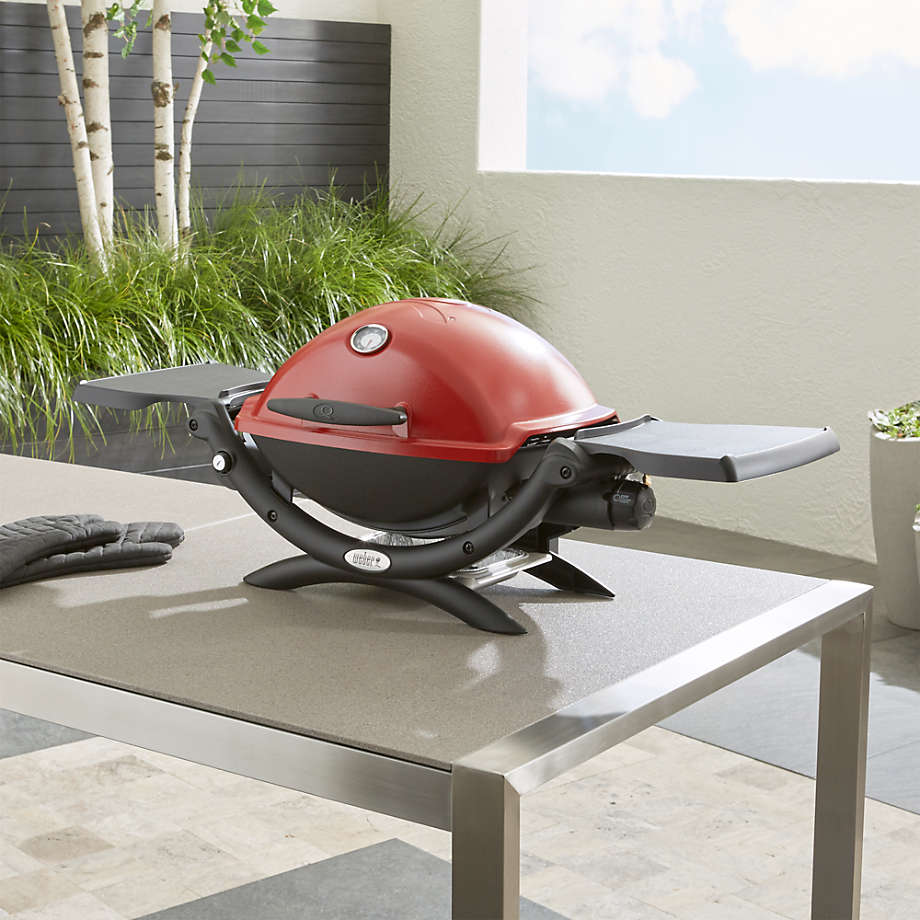How to Season your BBQ Grill
With the days getting warmer and summer right around the corner, more people pull their barbecues out from their garages and set up in anticipation of the barbecue season to come. However, every grill expert knows that the secret to incredible flavours is seasoning your grill before use.
If you consider yourself handy with barbecuing and grilling, the chances are that you know how to season your barbecue grill and the benefits that come with it. Seasoning the grill not only helps burn off any lingering contaminants and oils while making sure the food won't stick to the grates the next time you fire it up.
If you just got your grill and want to know how to season your new bbq grill, this article covers the basic steps to begin and any tips you may need to know. Dickson Barbeque Centre has a wide range of accessories to help you maintain your grill and a large selection of sauces and rubs to start grilling with.
How to season a grill
There are a few things you need before you can start seasoning your grill. If you find that you frequently make use of your equipment, regardless of the day or year, you'll need a grill brush or scraper. Additionally, have enough paper towels on hand to clean up and a spray bottle for any oils that might need wiping. Also consider using a scooper for powders, such as Blackstone Griddle Seasoning, to ensure exact and accurate usage.
As a safety precaution and for ease of use, before seasoning, ensure that the grill has been turned off and cooled completely. This makes it easier for you to apply the oils or powders without accidentally burning yourself and any stuck-on grease or charred bits become easier to clean.
After that, brush off any loose bits of charred food or charcoal from the grate. If there are large pieces of burnt residue stuck to the grate, use a scraper to carefully pry them free to prevent damaging the grill's grate. If you find the need for both, many stores offer scrapers combined with brushes for further convenience.
Once cleaned well, prepare the seasonings to be applied to the grate or griddle. For oils, it's highly recommended that a high heat oil is used, which can then be further seasoned with the flavours you want. Use the paper towels to coat the grate or spray it on well evenly. Similarly, powder seasonings should spread evenly across griddles.
Turn the grill on once your oil or powdered seasoning is properly and evenly spread. Let the seasoning cook on the grill for about 30 minutes. Once the grates darken and the smoke fades away, you can reapply any oil or powders again. It's recommended that you repeat these steps at least three times, but the number of repeated times impacts the grill's flavour infusion. Knowing how to season your BBQ grill can also improve its lifespan.
What oil should I use?
As mentioned, the best types of oils to use for seasoning your grill are types that can withstand high heat. Looking into how to season your barbecue grill can reveal that specific oils, like canola or peanut, are great options due to their smoke points being well over 400 degrees Fahrenheit or 205 degrees celsius. This is primarily due to the fact that the process requires very high heat to work properly.
There are also a few other types of oils that you can use in case of dietary restrictions, preferences or even allergies. Avocado, sunflower and even ordinary vegetable oil can also be substituted in due to their high heat points. With an additional bit of seasoning, the high heat points of the oil ensures that the oil won't burn while also giving and maintaining a great level of taste in the food.
If you're more interested in adding more flavour to your grilled foods, you can also use or reuse other oils from previously cooked foods. Though there is likely a higher risk of hot oil splashes, you can also use bacon grease or lard instead of the normal oils.
Should I season my new grill?
Whether or not you should season your new BBQ grill depends on where you purchase it. Most grills that you buy may have a layer of chemicals or wax on the grate or griddles to keep them looking shiny and clean for sales purposes. While it may not be clear, seasoning your new grill helps remove and burn off all those waxes and chemicals while making sure to leave behind a great flavour for the next time you decide to cook outdoors.
Just like well-used grills, new models need to be cleaned first before they can be seasoned. Ideally, you can use simple soap and hot water to clean off any chemicals, preservatives or dust. Before applying any oil or powdered seasonings, be sure that you've washed all the soap off and that the grates are properly cooled and dried.
Does seasoning work for all grills?
No matter what type of grill you're using, the steps for correctly seasoning them are very similar. Whether a charcoal-fueled grill or a pellet grill, both can benefit from seasoning and help impart flavour to the foods cooked with them.
Steel grill grates and cast iron griddles are both equally effective at taking in seasoning, though note that some specific makes and models do not require seasoning. It's best to check the instruction manual or contact the manufacturer if you're unclear about whether seasoning is necessary. However, you generally can't go wrong with seasoning your grills for a great BBQ season as a rule of thumb.
Takeaway
Knowing how to season a barbecue grill can be a great help to barbecue enthusiasts and food lovers. Though the steps are fairly easy, there may be some that don't yet know how to begin, whether it's due to having only recently gotten a grill or just learning of the benefits. You can get a far better experience out of using your grill with proper seasoning. The process reduces and prevents rust buildup, improves the food's overall taste, and stops the food from sticking to the grates. So this summer, give seasoning your grill a shot and see the difference it makes!


